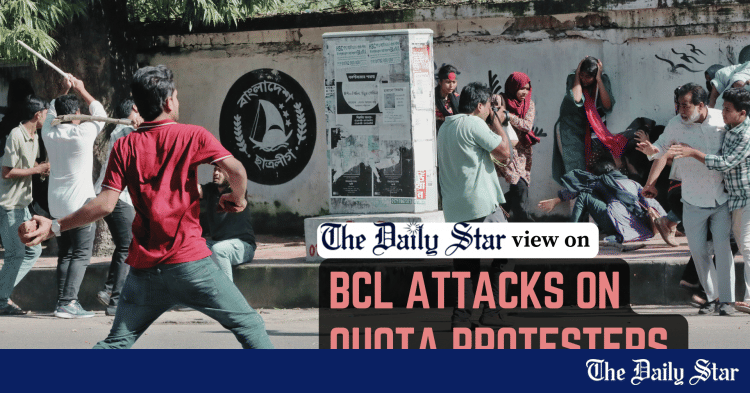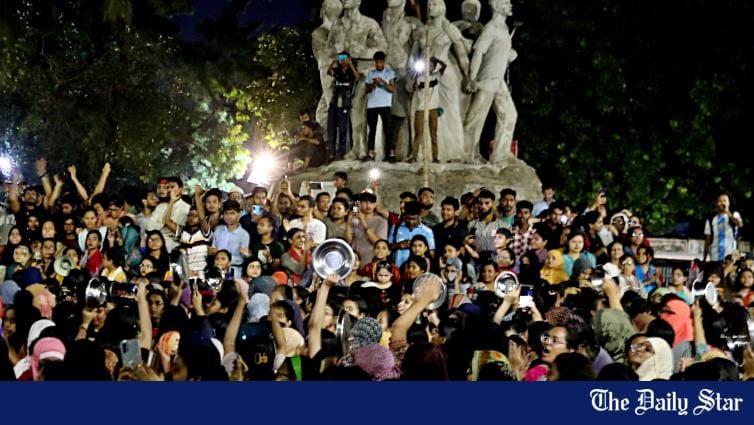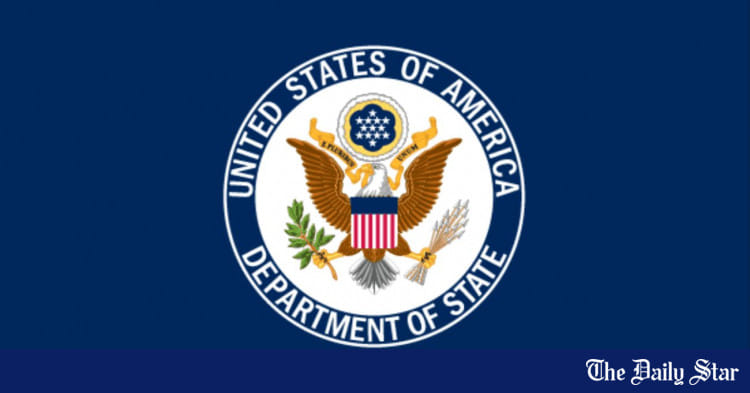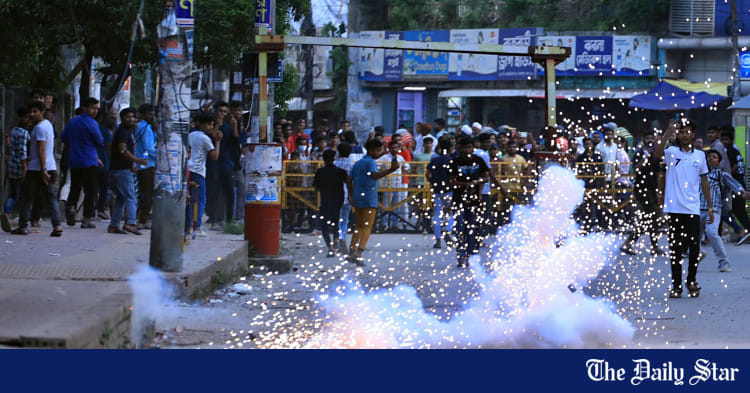Saif
Senior Member
- Messages
- 17,422
- Likes
- 8,380
- Nation

- Residence

- Axis Group

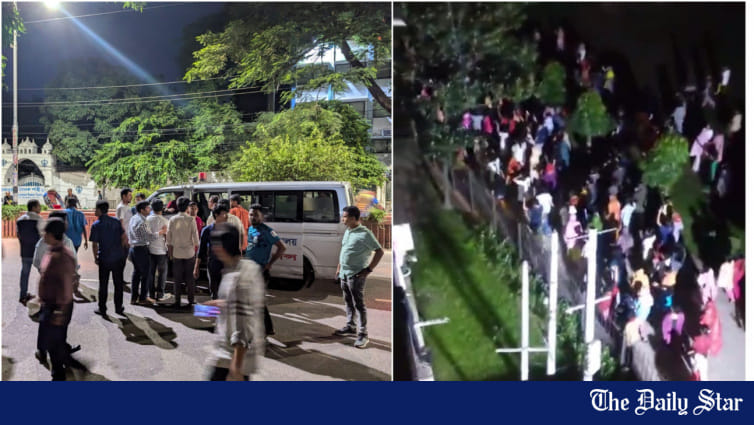
Protesters drive out female BCL leaders from DU Ruqayyah Hall
Agitating students of Begum Ruqayyah Hall of Dhaka University have surrounded the room of female leaders of Chhatra League and allegedly beat them up
Protesters drive out female BCL leaders from DU Ruqayyah Hall

Photos: Star
Agitating students of Begum Ruqayyah Hall of Dhaka University have surrounded the room of female leaders of Chhatra League and allegedly beat them up.
The incident took place around 11:00pm last night, reports our DU correspondent.
On the condition of anonymity, a student of Ruqayyah Hall told The Daily Star that 11 BCL leaders were chased, beaten, and driven out of the hall.
They ran and took refuge in the provost's bungalow.
Around 12:00am, an ambulance ferried them from the premises.
Dhaka University Professor Dr M Maksudur Rahman said, "Eleven students were evacuated from Ruqqayah Hall by ambulance."
However, Dhaka Medical College Hospital sources said none of the students were brought to the DMCH.
Contacted, Ruqayyah Hall Provost Nilufar Parvin said, "I won't comment at the moment." Saying this, he hung up the phone.
In a video sent by a student from Ruqayyah Hall, it was seen that the general students drove out Hall BCL President Pritha and Secretary Atika out of the halls.
Photos: Star
Agitating students of Begum Ruqayyah Hall of Dhaka University have surrounded the room of female leaders of Chhatra League and allegedly beat them up.
The incident took place around 11:00pm last night, reports our DU correspondent.
On the condition of anonymity, a student of Ruqayyah Hall told The Daily Star that 11 BCL leaders were chased, beaten, and driven out of the hall.
They ran and took refuge in the provost's bungalow.
Around 12:00am, an ambulance ferried them from the premises.
Dhaka University Professor Dr M Maksudur Rahman said, "Eleven students were evacuated from Ruqqayah Hall by ambulance."
However, Dhaka Medical College Hospital sources said none of the students were brought to the DMCH.
Contacted, Ruqayyah Hall Provost Nilufar Parvin said, "I won't comment at the moment." Saying this, he hung up the phone.
In a video sent by a student from Ruqayyah Hall, it was seen that the general students drove out Hall BCL President Pritha and Secretary Atika out of the halls.

